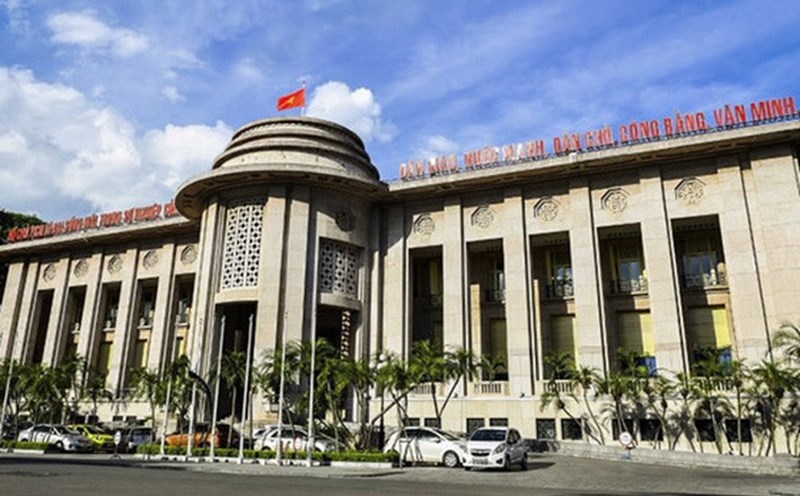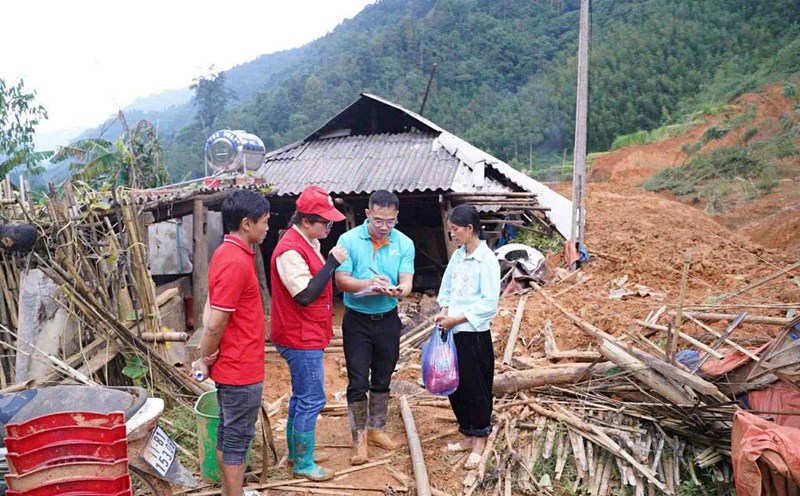Many opinions are concerned that the application of the real estate property tax policy, especially from the second house, can cause disruption or create "shock" for the market and the economy. However, Associate Professor, Dr. Pham The Anh affirmed the opposite.
First of all, according to Associate Professor, Dr. Pham The Anh, to effectively tax, it is necessary to complete the land database and real estate identification. This is "not difficult" and the Government should speed up.
If we can identify them, we will easily determine different tax rates for owners, he said.
Credit institutions can determine home loans of individuals and businesses through the Vietnam National Credit Information Center (CIC) system. This system helps them know who is in bank debt or has bought a house, thereby being able to effectively manage and appraise loan applications.
Associate Professor, Dr. The Anh believes that Vietnam's personal income tax system should be redesigned in the direction of prioritizing/encouraging labor and limiting hoarding and pushing up real estate prices.
Housing is one of the most essential needs, with housing prices increasingly far beyond people's ability to pay as they are now, the state needs to reduce the burden of income tax from wages and salaries (increase and decrease family deductions, remove tax rates of 30% and 35%), increase taxes on real estate holdings. If done so, the total tax revenue will remain unchanged, but the state will encourage production labor and limit harmful speculative activities.
The tax revenue from taxing real estate ownership will return to serve the people. The government will use the tax revenue to invest in infrastructure such as schools, hospitals, parks, transport infrastructure, etc. A house in an area with all these amenities will help the house become more valuable.
"Therefore, taxing real estate is normal just like we still pay income tax when going to work. People need to understand that the real estate ownership tax policy is owned from the second and third houses onwards, not the first house, so most people who buy real housing are not affected" - Associate Professor, Dr. shared.
He added that many people have the concept of accumulating for their children, but it should be noted that we need to create a generation, a working class, and then society will rise. In essence, when people are born, they have to work, self-produced and enjoyed.
"If there are still people who want to accumulate/hoard, they just need to fulfill their tax obligations. Because when they own a house, that means they have been enjoying social infrastructure built from the people's tax money" - he emphasized.
Finally, Associate Professor, Dr. The Anh affirmed that applying the above measures, if there is a policy and roadmap, will not create any shock, but on the contrary, it will help the economy develop sustainably and substantially.
"If social resources are constantly traded around and are used for land speculation, not for production and business, the economy will not develop sustainably, the average income per capita will not increase in time for housing prices and living expenses, people's lives will not improve and increase inequality in society" - he emphasized.
The Ministry of Construction also said that in the first 9 months of 2025, the average primary apartment price in Hanoi reached 70-80 million VND/m2, an increase of 33% over the same period in 2024. Many luxury projects have reached 150-300 million VND/m2.
Similarly, Ho Chi Minh City and major cities also witnessed the price of apartments, townhouses, and villas continuing to "anhia" at high levels.
It is expected that in the last 6 months of 2025, Hanoi will have 11,500 new apartments.











